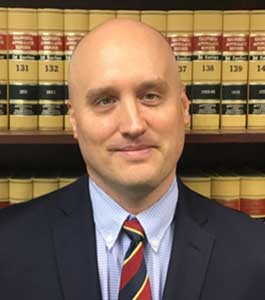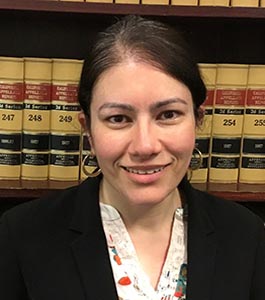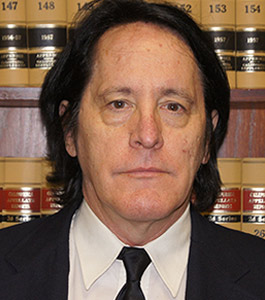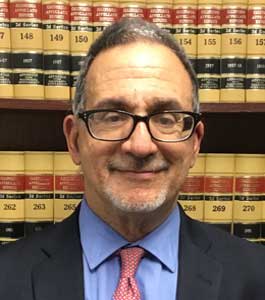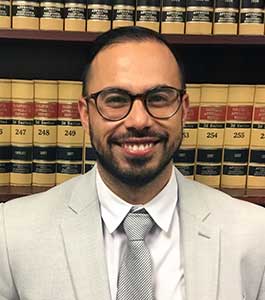How Do I Get Domestic Violence Charges Dropped?
Relationships are complicated. Arguments occur. When the police become involved, it is almost certain that someone will go to jail. In the current political environment, prosecutors often charge a crime when no one in the relationship wants the courts to be involved. But we can help you and your partner have a voice in the process. We can help you get your domestic violence case dismissed.
Every “crime” starts with someone saying that something happened. Do the police have evidence of it? Can the prosecutor prove it? Those questions are different than if someone said something happened. “Evidence” can be a person’s testimony, exhibits or forensic evidence. We, at Beles & Beles, explore all avenues to get your case dismissed.
If you or your partner has been arrested for domestic violence, the first issue will be the “emergency protective order.” Sometimes, an over-zealous police officer will request that a judge sign an order preventing one partner from having any contact with the other partner for a period of five days. You or your partner does not have to ask for this. The police officer does not have to request it. The judge does not have to sign it. If the police officer knows that the party does not want the order, s/he must tell the judge that. If no order is signed, then the parties can return to their normal lives and have contact with one another.
Victims Don’t Have to Talk to Authorities
A woman or a man has the right to choose not to talk to the police – even if they are the victim of a crime. The police cannot “bring them in for questioning” or force them to talk. If you do not want prosecution of your partner, tell the police, again and again. We represent victims and communicate their wishes that the case is dropped.
If the case is charged, the criminal court may want to issue a temporary restraining order under Penal Code section 136.2. This order has consequences. The two parties might be prohibited from having any contact. You also have to surrender any legal firearms to the local police. This type of order can remain on your record and have future consequences.
The court does not have to issue the 136.2 order. We can help you avoid it. If the parties don’t want the order, we can represent that to the court. We have been successful throughout the years in avoiding this consequence for many many families.
We Help Victims and the Accused
If you are a victim in a domestic violence case, you have a voice. You do not have to do what the prosecution tells you to do. You can have a lawyer and we can help you. If you are subpoenaed to court, you must comply with that. However, you cannot be put into jail for refusing to testify, if you are domestic violence or sexual assault victim. This law is not a “right” but a privilege that gives victims the choice on how they want the case to proceed.
If, on the other hand, you are the accused in a domestic violence case, there are many ways to fight the case. As with other types of cases, we use investigation, research, legal motions, and trial skills to beat your case.
| Robert Beles | - | State Certified Criminal Law Specialist |
| Anne Beles | - | State Certified Criminal Law Specialist |
| Paul McCarthy | - | State Certified Appellate Law Specialist |
| Emilio Parker | - | State Certified Immigration Law Specialist |

Contact us for a free consultation: (510) 836‑0100
Let our experience work for you. We can help!



